African Elephants’ Death Mystery Explained But Sparks More Questions
In 2020, many elephants died in Africa. Between August and November of that year, 35 elephants died in Zimbabwe. Months before, in neighboring Botswana, 350 elephants also died in the span of several months.
The deaths of these mammoth animals have been a mystery until late 2023. According to scientists, their deaths are connected to blood-poisoning bacteria.
Cause of Death in Zimbabwe
Publishing their findings in Nature Communications, a team of scientists led by Dr. Chris Foggin, a veterinarian at Victoria Falls Wildlife Trust in Zimbabwe, took samples from the dead elephants to determine the cause of death.
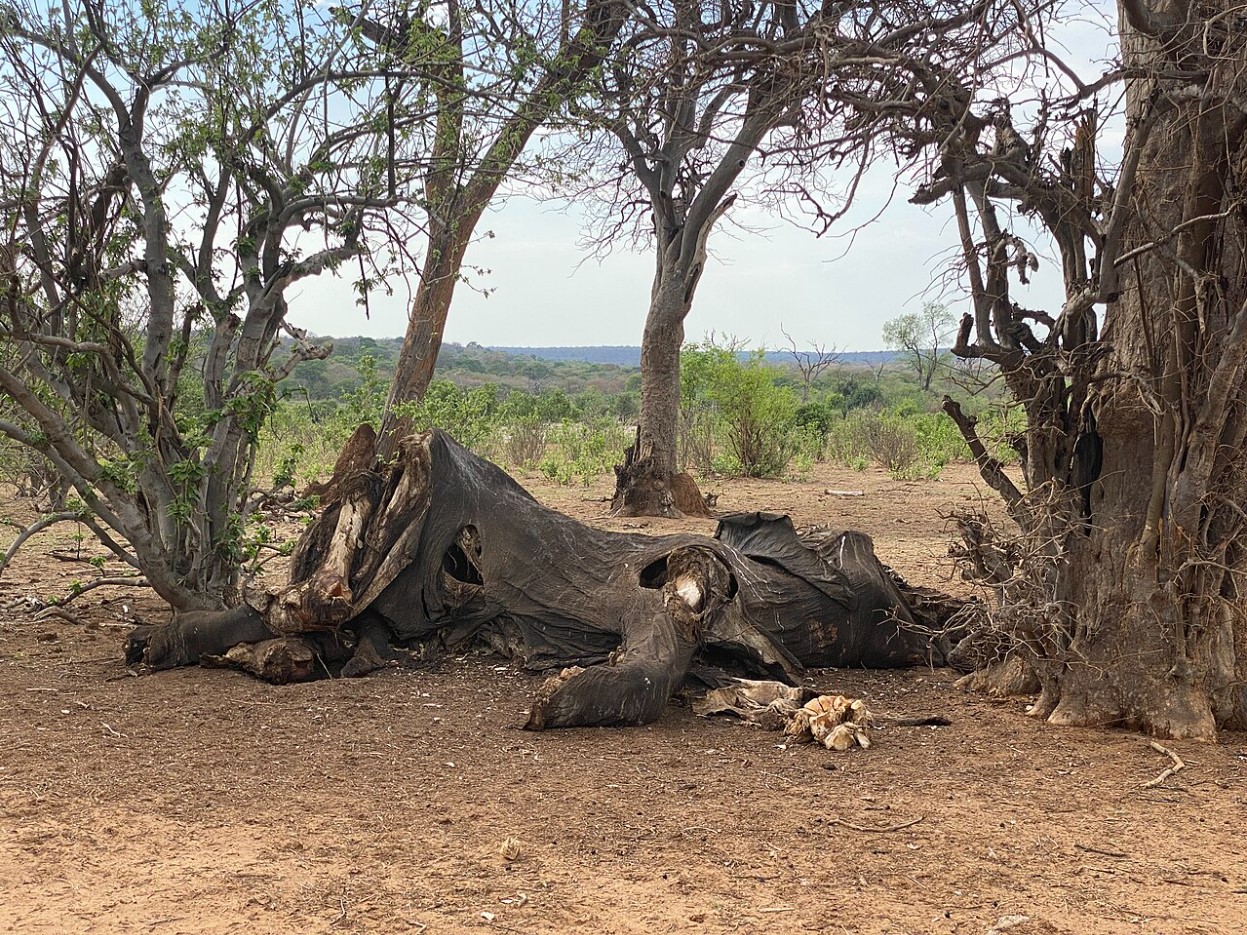
Source: Gerardshields11/Wikimedia Commons
In the case of the Zimbabwean elephants, a bacterial infection caused their deaths. The bacteria, called Pasteurella Bisgaard taxon 45, caused septicemia, or blood poisoning.
The Killer Bacteria
The Pasteurella also caused the deaths of saiga antelopes in Kazakhstan in 2015. Dr. Arnoud van Vliet of University of Surrey noticed similarities in the strains found in Kazakhstan and in Zimbabwe.
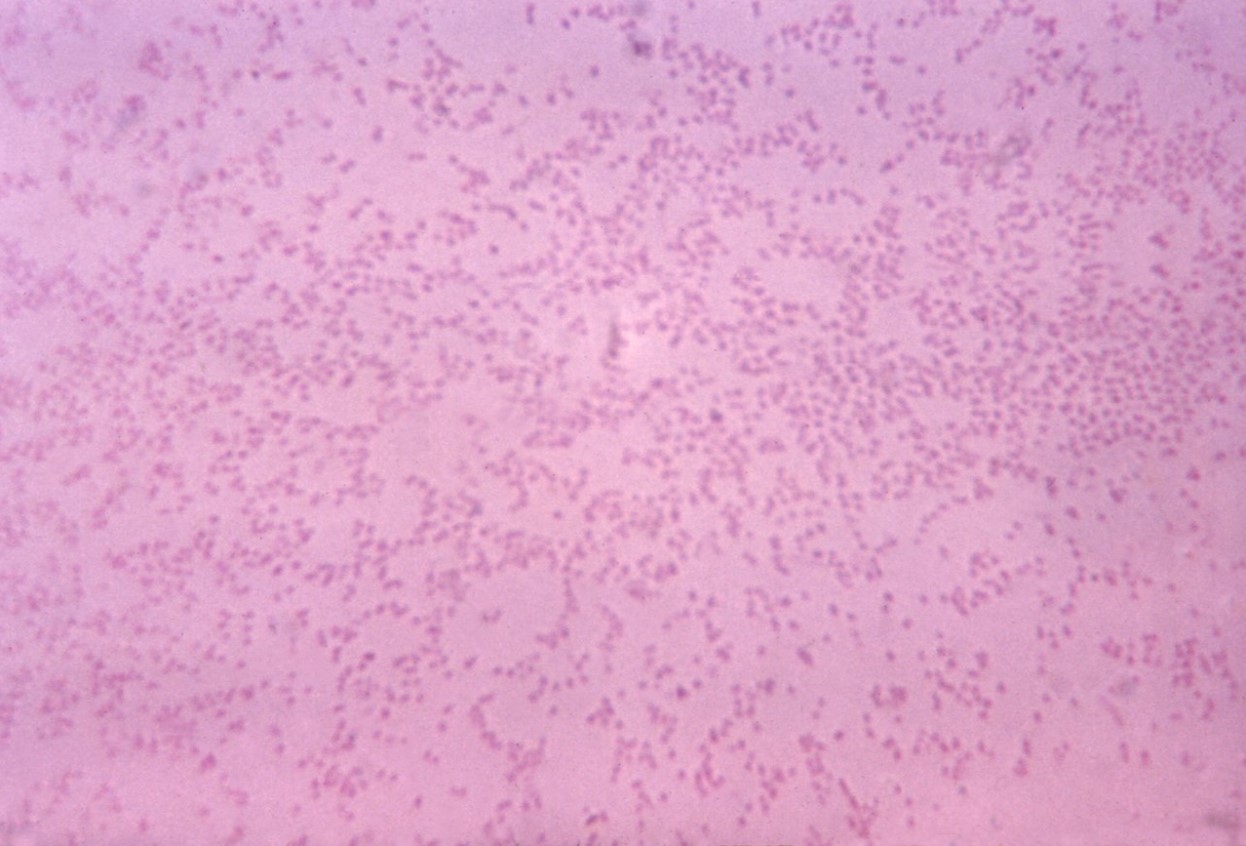
Source: Dr. R. Weaver/Wikimedia Commons
While the bacteria can live harmlessly in some species, when the external temperature heats up to 37 degrees Celsius, the bacteria move into the bloodstream. This is what causes the blood poisoning.
A Different Cause in Botswana
However, in the case of the Botswana elephants, the cause may be different. Foggins said there was no proven connection between the elephants in the two countries.
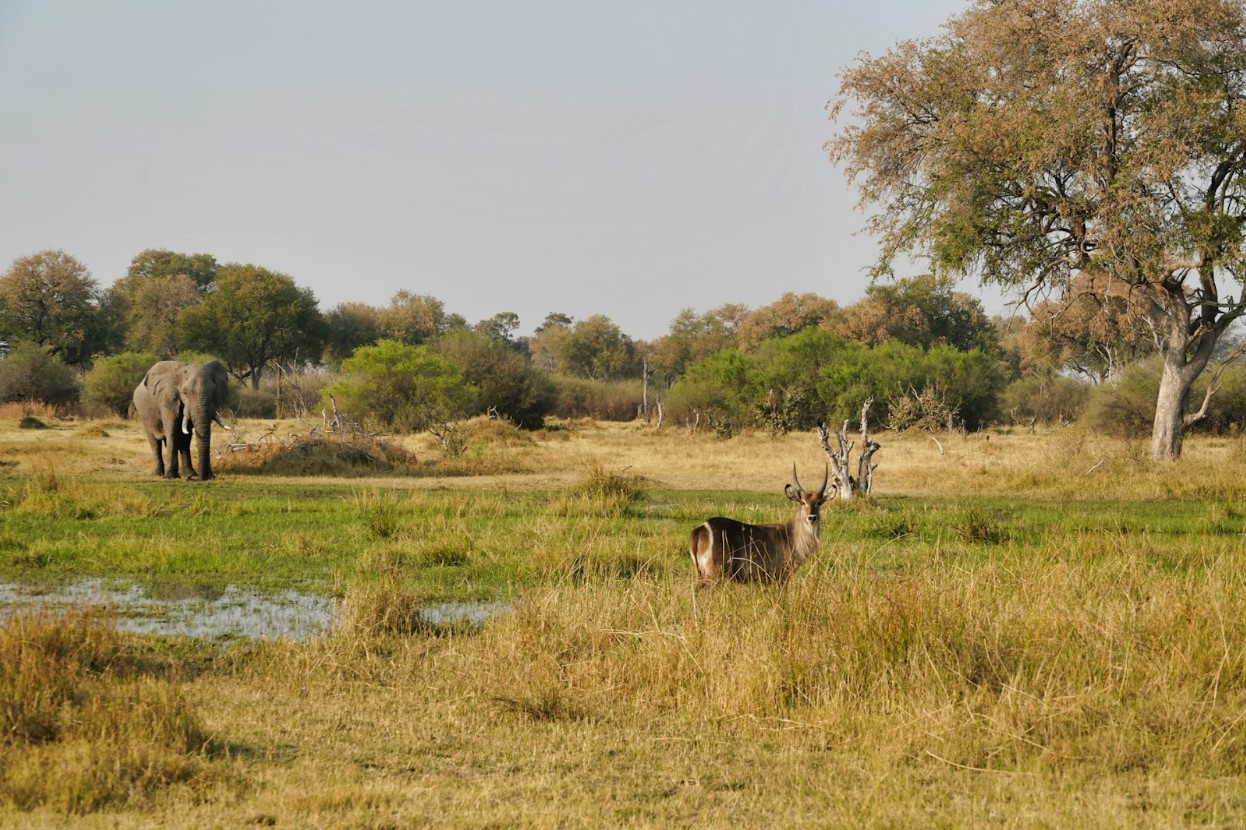
Source: Secret Travel Guide/Unsplash
The deaths of the hundreds of elephants in Botswana were largely attributed to an attack to their nervous systems. A cyanobacterial neurotoxin caused their demise based on tests by Botswana’s authorities.
Okavango Delta’s Mystery
Mmadi Reuben, Principal Veterinary Officer for Botswana’s Department of Wildlife and National Parks explained that cyanobacterial neurotoxins were found in water, which the elephants might have drunk from. But another mystery remains: Why were elephants the only animals affected?

Source: Wynand Uys/Unsplash
After all, the habitat in Okavango Delta is diverse. There are 530 species of birds, 160 species of mammals, and other reptiles, amphibians, and plants. While the African elephant is a keystone species in Okavango Delta, so is hippopotamus. And yet, there have been no reports of mass hippopotamus deaths.
Ongoing Deaths in the Delta
The single location of Botswana’s Okavango Delta also still brought up questions. Authorities have yet to answer why only elephants in that particular location were affected.
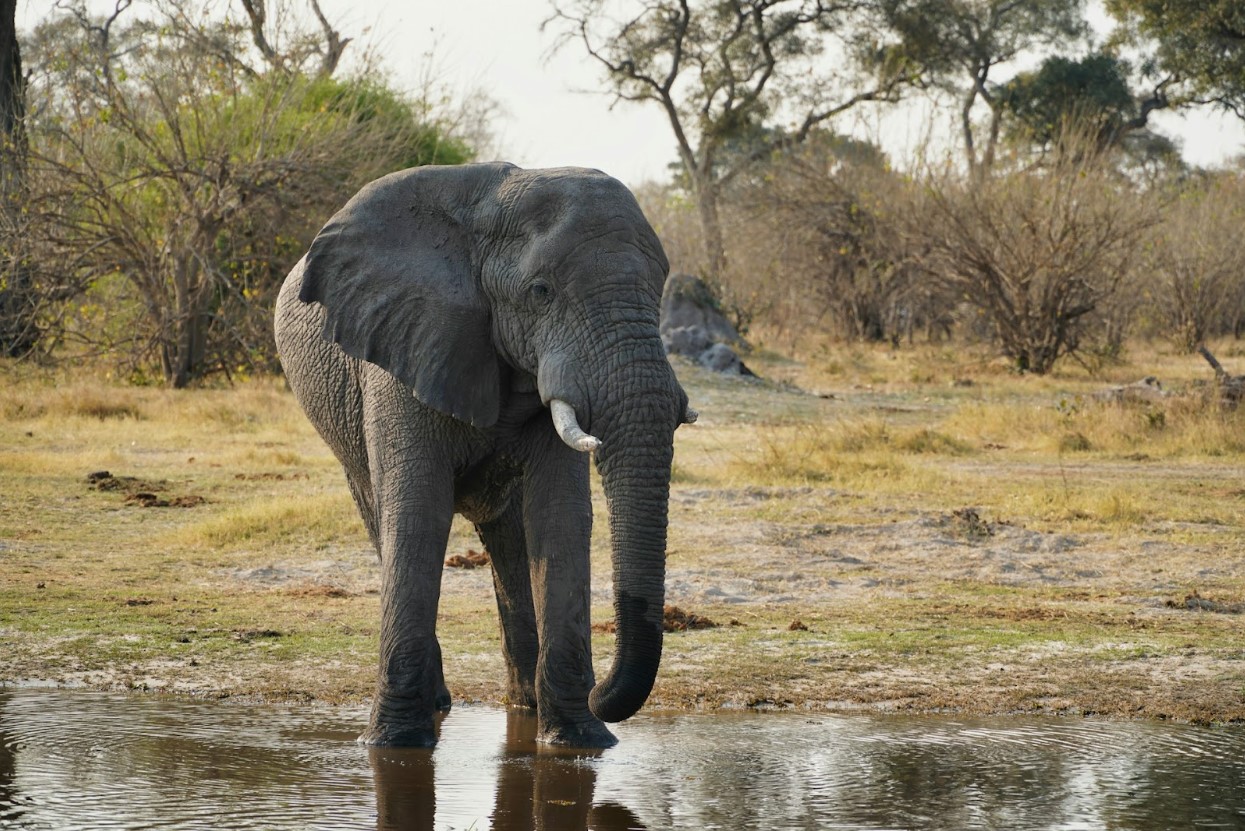
Source: Datingjungle/Unsplash
In 2022, researchers in the Kavango-Zambezi Conservation Area, which includes the delta, still found a high number of elephant carcasses. Laura Rosen, a co-author of the report in Nature Communications journal, suggested further investigations into the bacteria.
Possibility of an Extinction Event
There is a speculation that whatever was affecting the elephant herd could also spill over to the human population.
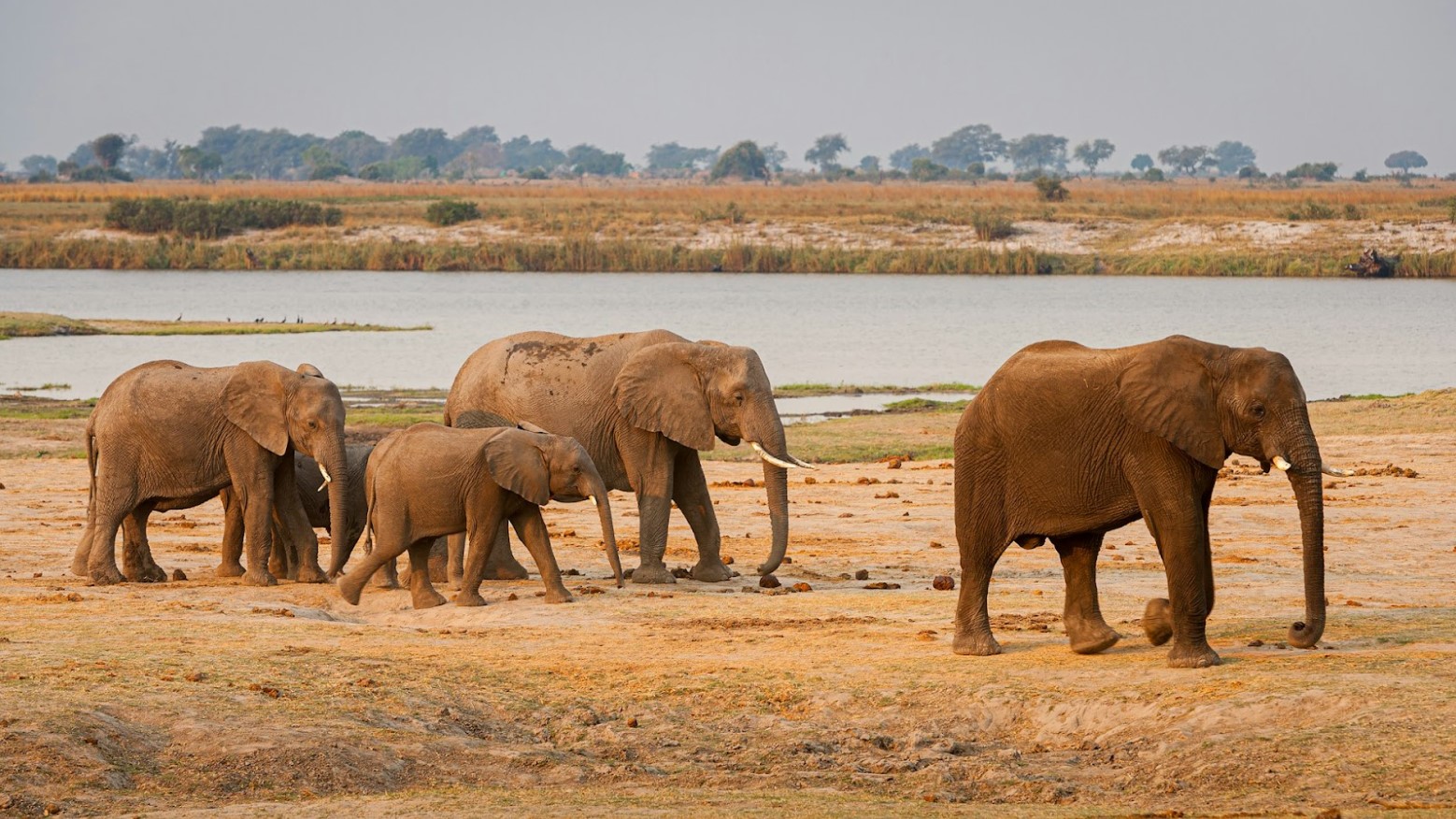
Source: Chris Stenger/Unsplash
Dr. Niall McCann, Conservation Director for the National Park Rescue organization, even had more dire predictions: “Until we know that this is no longer a danger to the herd, there is the prospect of Botswana’s entire herd being decimated.”
Blame It on Climate Change
Another factor to these deaths must also be considered: climate change. Researchers noted that the blood poisoning in Zimbabwe’s elephants came during the dry season.
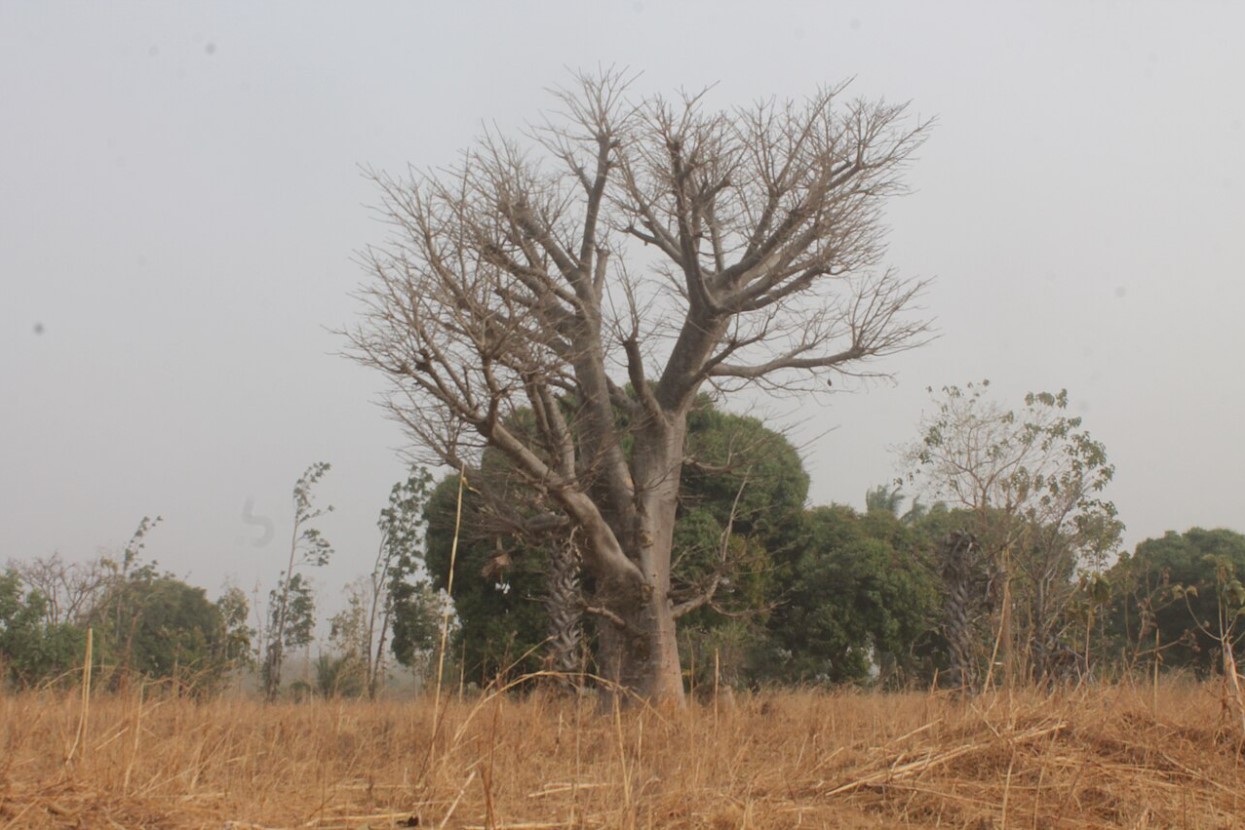
Source: Dorothy Habila/Wikimedia Commons
The heat, drought, and population density in the area might have been an influential factor in the bacteria’s outbreak.
A Worry for the Future
However, Foggin insisted that blaming climate change as a cause for these deaths might be premature.
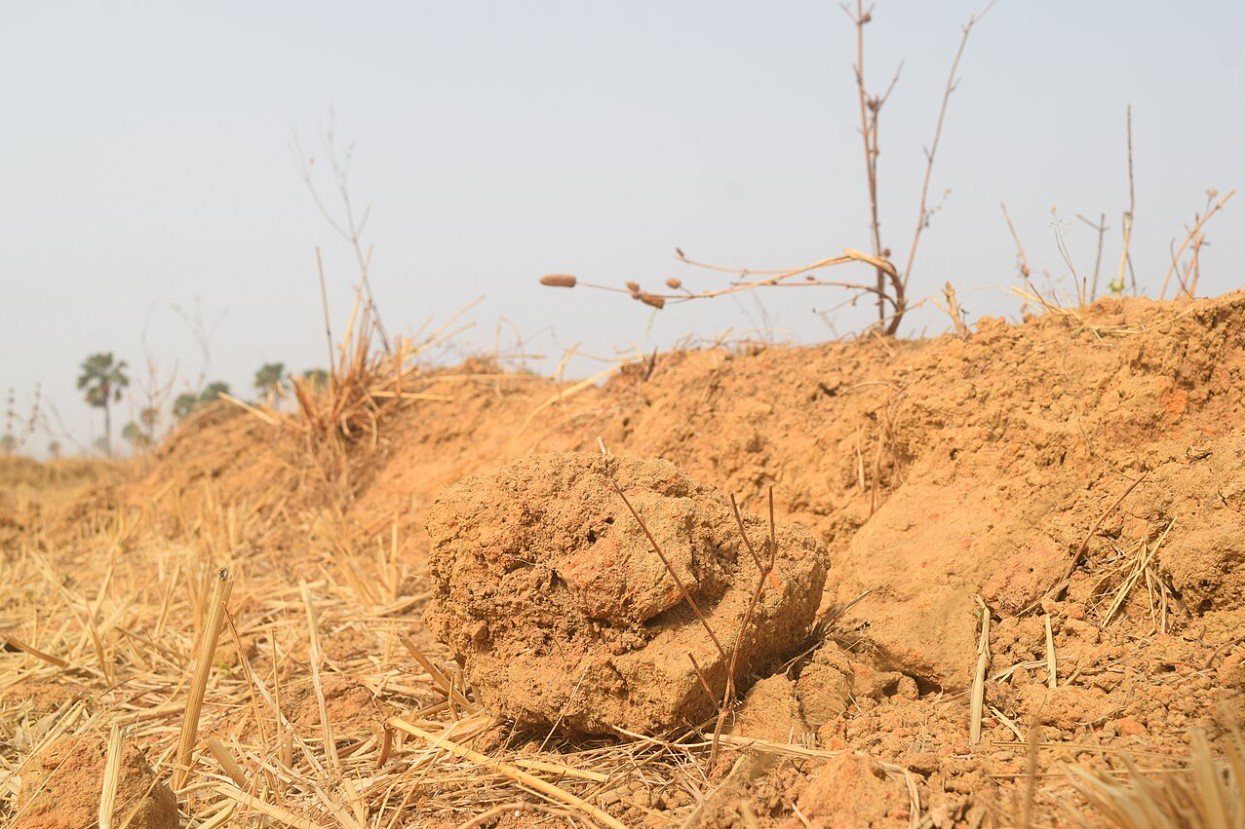
Source: Steve Kally/Wikimedia Commons
Only if the area experiences a much harsher dry season, with extended periods of droughts and changes to rainfall patterns, is it more likely for this “mortality event” to recur.
Illegal Poaching Is a Problem
Sadly, African elephants won’t have an easy future. This flagship species has already entered the International Union for Conservation of Nature Red List.
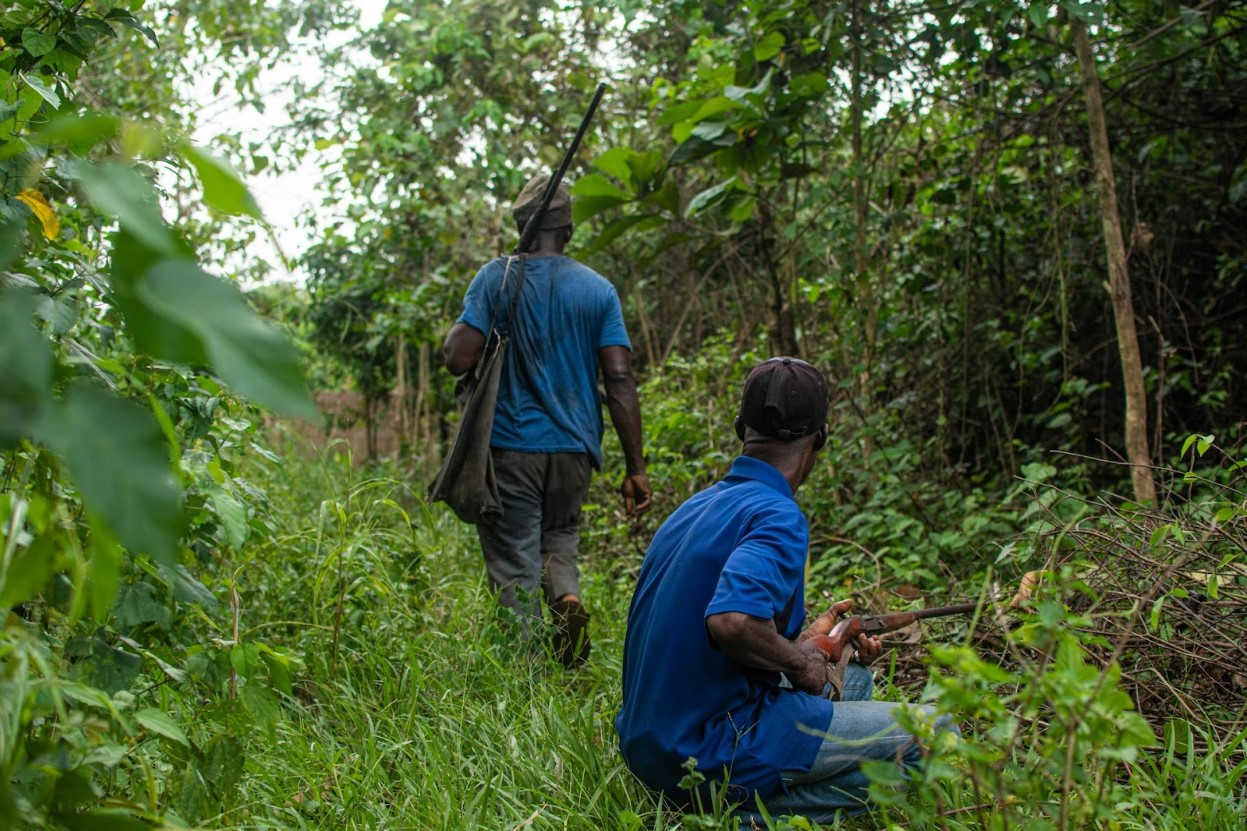
Source: Seun Adeniyi/Pexels
It’s not just habitat loss that is wreaking havoc with their existence; poaching is also to blame. Fortunately, there are anti-poaching measures active to prevent the further destruction of the animal population.
Struggles in Investigation
Despite the discovery of the bacteria causing elephant deaths, details are still vague about whether this disease is an all-encompassing concern. Difficulties in examining the carcasses still posed problems in general for the researchers.
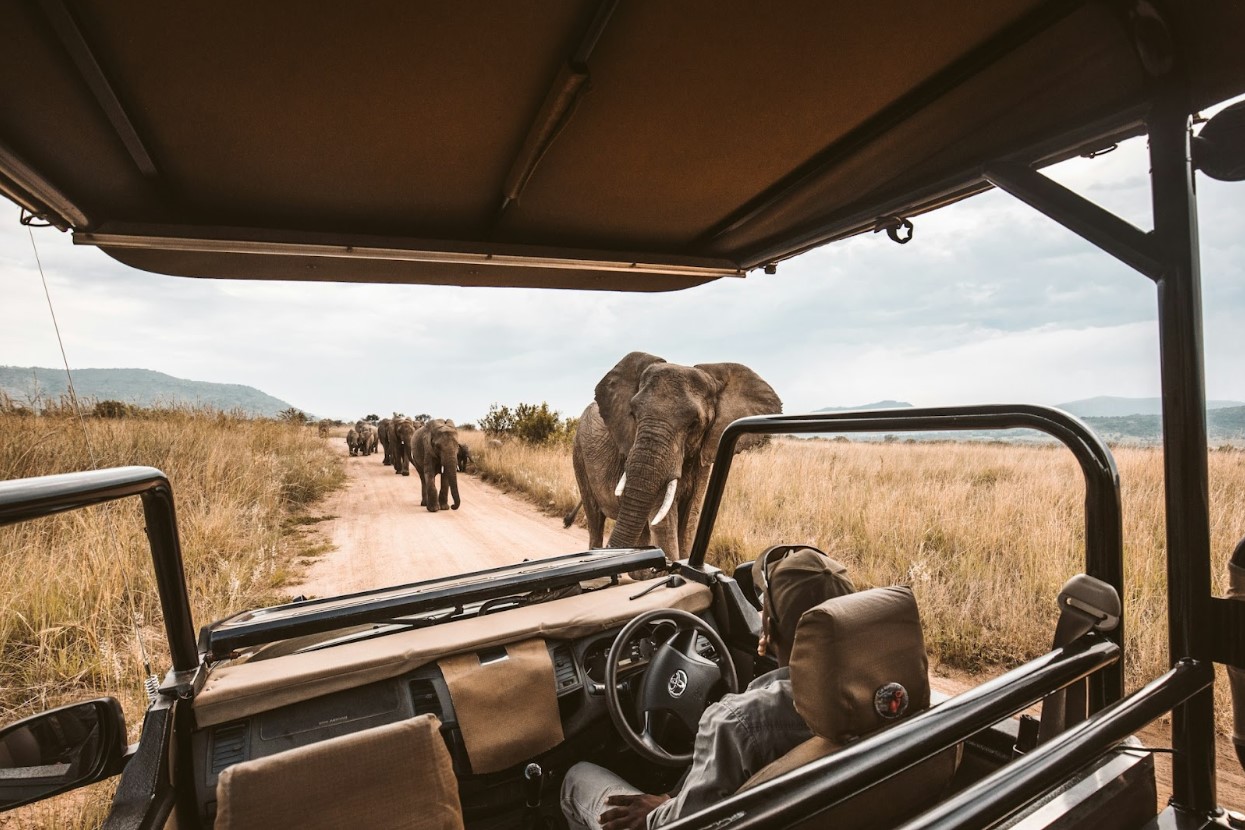
Source: redcharlie/Unsplash
Dr. Foggin stated in a press release that they had to be “cautious when undertaking the post-mortem examinations on elephants.” It is, he said, a difficult task with the animal’s size and the field conditions.
More Studies Are Imperative
But tremendous efforts must be made into studying more of the bacteria found in these elephants before a larger tragedy occurs.
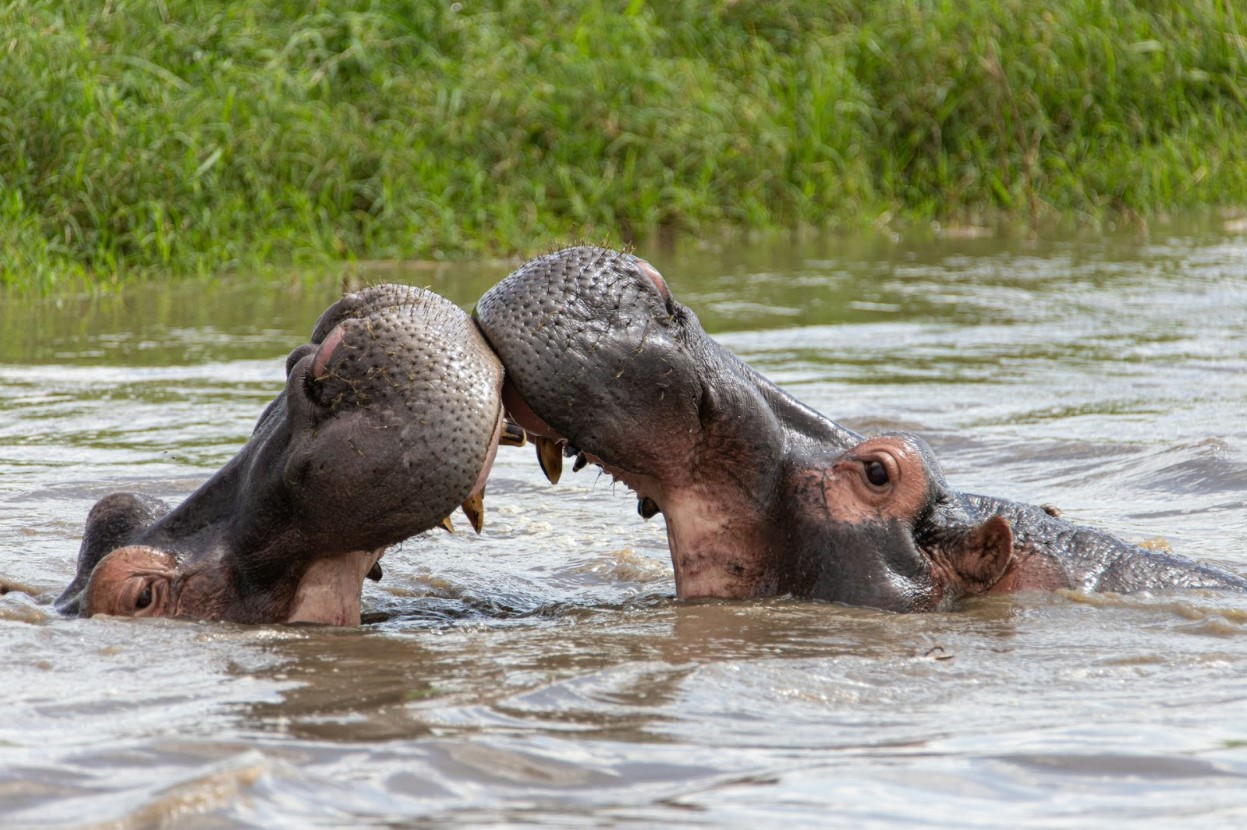
Source: Glen Michaelsen/Unsplash
Van Vliet cautioned, “There may be other animals where this could become a problem. If we don’t look for it, we won’t know whether it is there. If it is present in other wildlife, we may see other unexpected deaths.”
